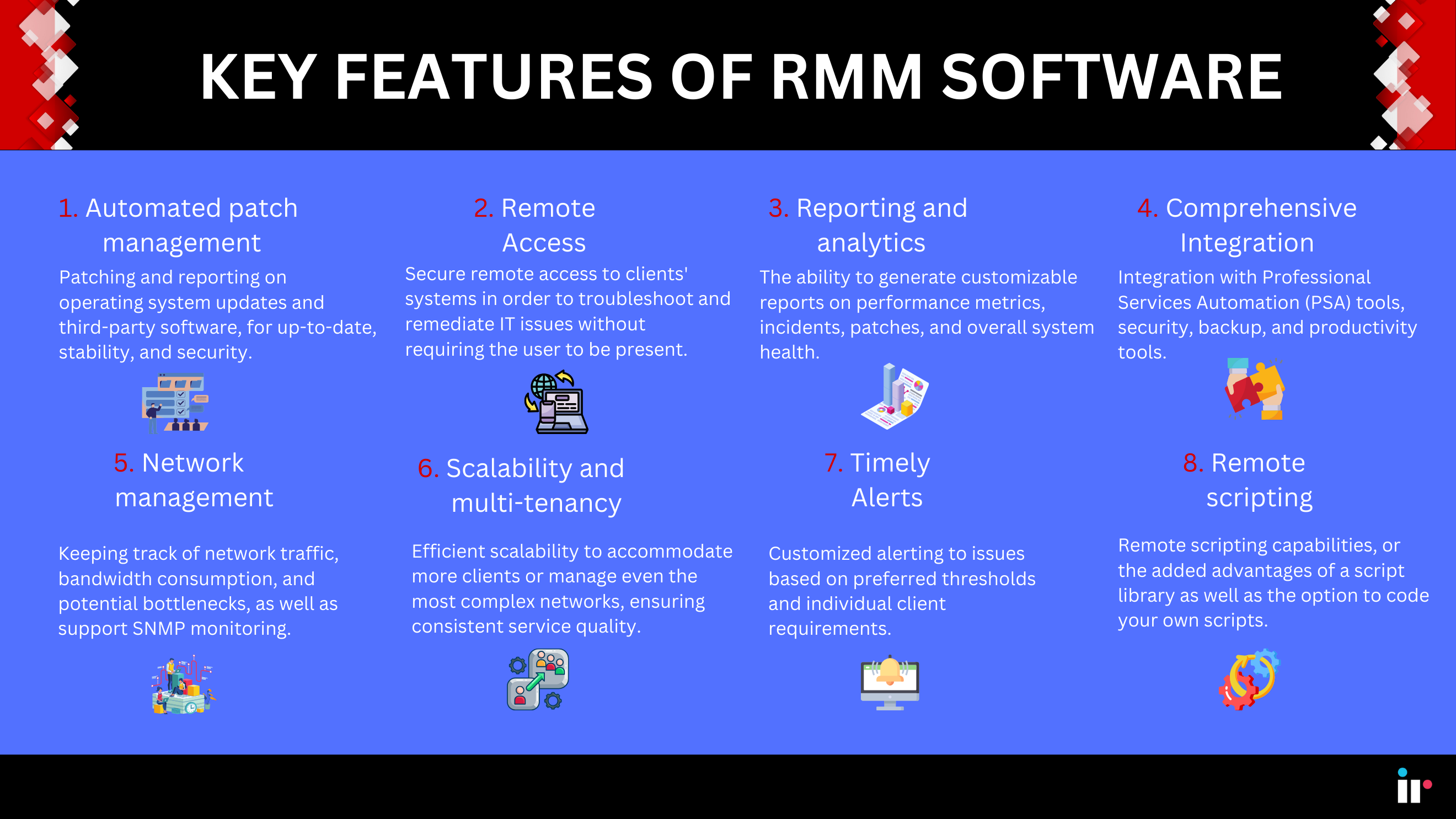0-Day Exploit Hits Google kernelCTF and Debian 12: What You Need to Know

0-Day Exploit Hits Google kernelCTF and Debian 12: What You Need to Know
A recently discovered zero-day vulnerability has sent ripples through the cybersecurity community, impacting both Google's kernelCTF and Debian 12 systems. This exploit, identified as CVE-2025-38001, highlights the ongoing challenges in maintaining secure systems and the importance of rapid response to emerging threats.

Analyzing the vulnerability landscape in Q2 2024 | Securelist
What Happened?
Researchers successfully exploited a use-after-free (UAF) vulnerability within the Linux kernel's HFSC (Hierarchical Fair Service Curve) queuing discipline. This flaw, now cataloged as CVE-2025-38001, allowed them to compromise instances of Google's kernelCTF, including LTS, COS, and Mitigation versions, as well as fully patched Debian 12 systems.
The exploit was not only successful but also remarkably efficient. The team managed to steal the LTS flag in just 3.6 seconds, setting a new record in Google kernelCTF history. Their success earned them an $82,000 bounty through Google's kernelCTF program, underscoring the severity and impact of the vulnerability.
Understanding the Vulnerability
A use-after-free (UAF) vulnerability occurs when a program attempts to access memory after it has been freed. This can lead to a variety of issues, including:
- Code execution: Attackers can potentially execute arbitrary code by overwriting the freed memory with malicious data.
- Information leakage: Sensitive information stored in the freed memory might be exposed.
- Denial of service: The program may crash or become unstable due to memory corruption.
In this specific case, the UAF vulnerability in the Linux HFSC queuing discipline allowed the researchers to gain unauthorized access and control over the affected systems.
Impact and Affected Systems
The CVE-2025-38001 vulnerability affects a range of Linux distributions, including:
- Debian 12 (kernel 6.6 and later)
- Ubuntu
- Google's Container-Optimized OS (COS)
The successful exploitation of this vulnerability in Google's kernelCTF and Debian 12 highlights the potential risks to other systems using the affected Linux kernel versions. It also emphasizes the importance of timely security updates and proactive vulnerability management.
Key Takeaways
- Zero-day vulnerabilities pose a significant threat to system security.
- Use-after-free (UAF) vulnerabilities can lead to severe consequences, including code execution and information leakage.
- Timely security updates are crucial for mitigating the risk of exploitation.
- Security research and bug bounty programs play a vital role in identifying and addressing vulnerabilities.
References
- Researchers Use 0-Day to Exploit Google kernelCTF and Debian 12
- Researchers Exploit 0-Day to Hack Google kernelCTF and Debian ...
- Los investigadores explotaron las instancias de Google ...
- Investigadores utilizan vulnerabilidad 0-day para explotar ...
- https://media.kasperskycontenthub.com/wp-content/uploads/sites/43/2024/08/21072724/SL-vulnerability-exploit-report-featured.jpg





